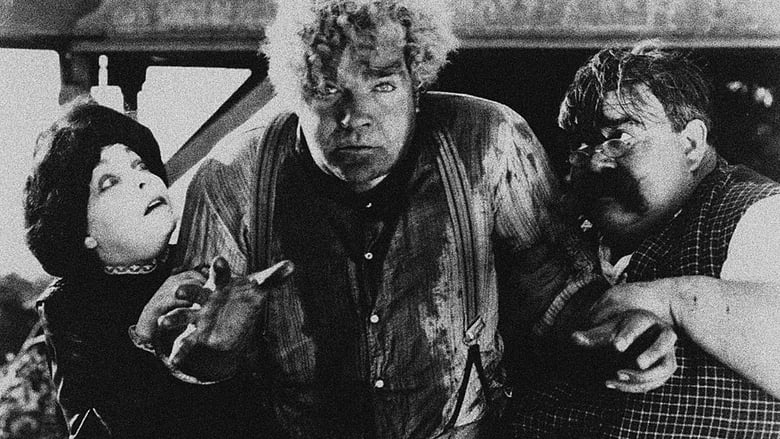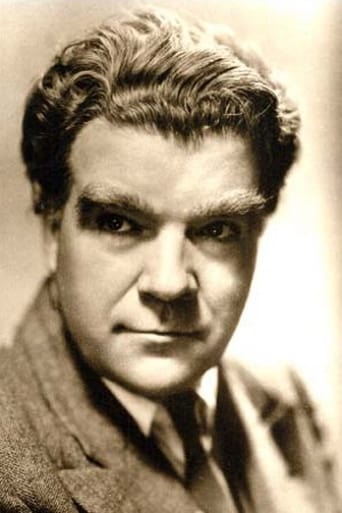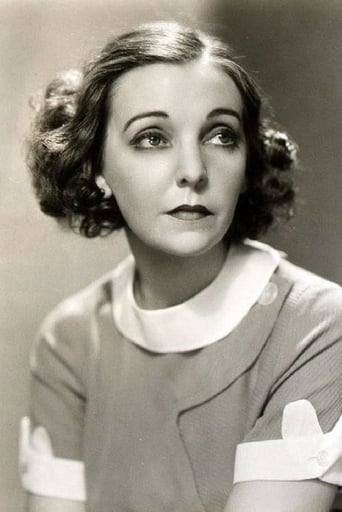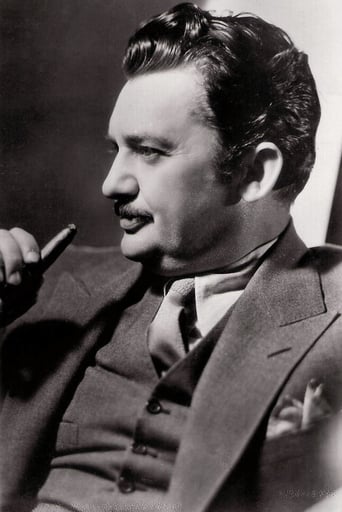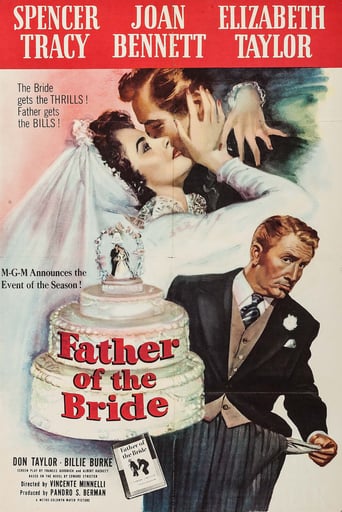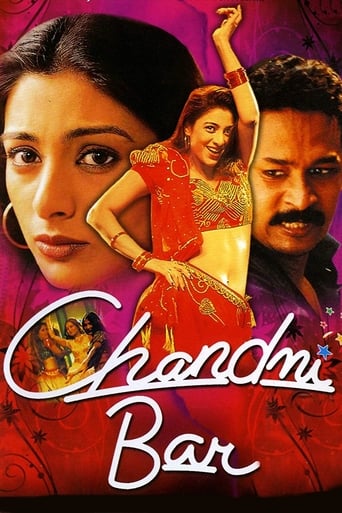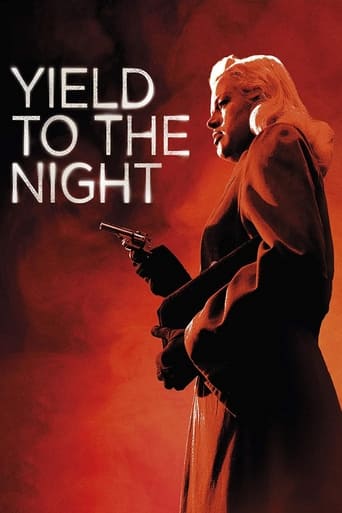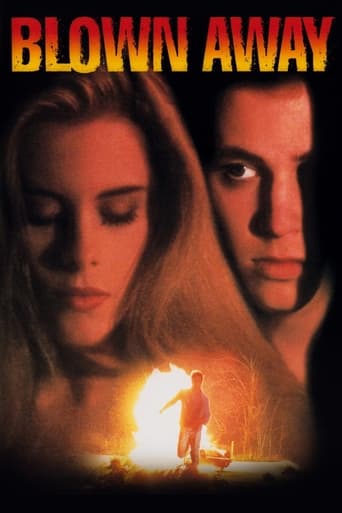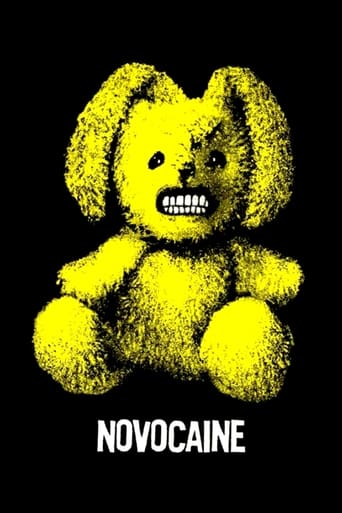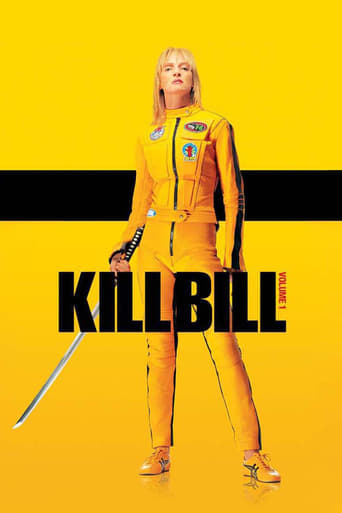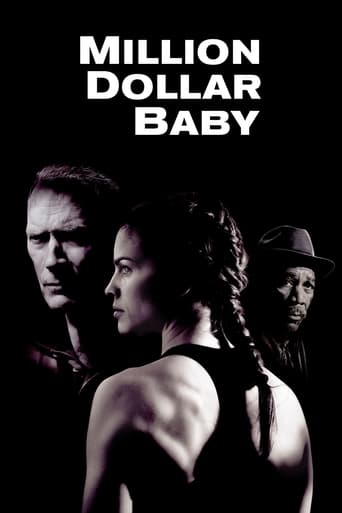Greed (1924)
A lottery win of $5,000 forever changes the lives of a miner turned dentist and his wife.
Watch Trailer
Cast


Similar titles
Reviews
Beautiful, moving film.
It's fun, it's light, [but] it has a hard time when its tries to get heavy.
Let me be very fair here, this is not the best movie in my opinion. But, this movie is fun, it has purpose and is very enjoyable to watch.
It is neither dumb nor smart enough to be fun, and spends way too much time with its boring human characters.
I waited in a long time to see Greed (1924) and I finally got it. I watched one version with 4 hours. It originally shot with 9 and half hours and took two years to shoot, but most footages were lost. They have some footages and used the pictures from it. It was pretty understandable! I thought it was gonna to be cute film, but I'm wasn't right. It's very dark drama with so many shocking and disturbing parts and a few pictures that gave me goosebumps. Very good performances, realistic story and stunning cinematography! It's like Gone with the Wind of the decade.That's one of the greatest silent drama films, 10/10! Highly recommend, you won't regret it even when it's a long film.
I don't know many times I've seen this. Along with everyone else, I agree that the full version must have been powerful beyond words, but what we have here is probably the best possible product of the nearly impossible task of reduction. For that, I'm profoundly thankful. There were several parallel stories in the original script, some rather interesting, a few of not much interest at all. The major story of McTeague and his wife is the strongest and we can only guess (through the version we have now) what was going on around the central characters. In this respect, the truncated version is acceptable, given the time frame. This film was presented on television with stills and narrative inter-titles from the original and it wasn't really very successful. The rhythm was askew, of course, and things didn't "gel" at all. My big gripe is that this should be available on DVD. Why the foot-dragging?Curtis Stotlar
Frank Norris's 1899 novel McTeague is one of the key works in American literary naturalism, featuring several hallmarks of the literary movement, which flourished around the turn of the century. Erich Von Stroheim's adaptation, retitled Greed, strictly adhered to the novel and the original nine hour cut must have been a scene for scene translation. This closeness of the film to the source material means that Greed carries over some of naturalism's key themes. Specifically, the film is about John McTeague, a miner's son who attempts to better himself by becoming an apprentice in a trade—dentistry—but ultimately finds himself doomed to failure as mining is what he was meant to do. This combination of determinism and social Darwinism is typical of naturalism's focus on the lack of autonomy of individual humans. Another characteristic of naturalism evident in Greed is a sort of primitivization of human beings as both John McTeague and his father are constantly dirty and covered in masses of unkempt hair. Similarly, in one of Von Stroheim's most inspired scenes, some clever editing compares McTeague's rival Marcus to a cat preparing to prey on a couple of helpless caged canaries. Another key theme of Greed is greed, which wrecks the lives of the three principal characters. McTeague's love interest Trina is a hard working, thrifty girl who remains relatively happy until she wins a substantial sum in a lottery, after which she becomes a miserable miser as she strives to increase her small fortune. This infuriates the formerly happy-go-lucky Marcus, who gracefully bowed out of a semi-engagement with Trina to make his friend McTeague happy. His opportunism is amplified into psychosis as he realizes he's missed his chance to share a part of Trina's fortune. The money even ruins McTeague himself, who finds it impossible to work for menial wages when his household possesses enough wealth to allow him a relatively leisurely life if only he could convince his wife to use it. The other important characters in Greed are two diametrically opposed couples: there is the greedy couple Zerkow and Maria, who dream of fabulous wealth and the elderly couple Grannis and Miss Baker, who are too busy working to notice each other. Zerkow suspects Maria is hiding money from him and it drives him mad while Grannis sells his business (for the same amount Trina won in the lottery) and settles down to retirement with Miss Baker. The never subtle Norris uses these subplots to posit two possible future future paths for McTeague and Trina. Contrary to my focus on themes common to the novel and film, Greed is not merely an extension of Norris's novel. Von Stroheim makes the film his own as he sets the proper tone with colored filters, carefully controlled zooms, and some reasonably well put together editing. In fact, his filmmaking is considerably more adept than Norris's workmanlike prose. The climactic scenes in Death Valley, which Von Stroheim shoots through a yellow filter, are particularly impressive and are easily among the best of the silent era. In spite of the carefully realized themes of McTeague, I did not enjoy the novel when I read it a few years ago. Like many works of naturalism, some of the character behavior seems stilted—probably to reinforce the idea that humans lack autonomy. Further, Norris's lack of style and his heavy-handedness in slathering on miserable situations make for a rather unpleasant reading experience, which to be fair is not atypical of my experiences with literary naturalism. The most problematic aspect of McTeague, though, is one I've already mentioned: the social Darwinism. It's always difficult to establish intent, even with a writer as heavy- handed as Norris, but it's tempting to see the novel as a snobby dismissal of an irredeemable lower class represented by the buffoonish and reprehensible McTeague. Yet, in spite of my dislike for McTeague, which caused me to stay away from this film for years, I found Greed quite impressive even with its often languid runtime, which is padded out with uncinematic production stills and expository title cards. Von Stroheim has a better sense of characterization and he manages to build some sympathy even for the mostly unlikeable characters here and he infuses the goings on with an epic quality mostly absent from the book. Somehow, Von Stroheim stayed true to a book I didn't like and made a film I found above average nonetheless.
The audience were not able to access the over-excessive time; the lack of humor was an attribute to that as well. They couldn't handle looking at a study of a dramaturgical realistic story. So accustomed to the likes of Arbuckle, Mary Pickwalsh and so many more, Von Stroheim was known for how autocratic he was in "The Heart of Humanity", and this fundamentally changed his image from an immigrant to the bad guy.The story involves Mcteague (Gibson Gowland), a young boy working in the mines; his Mother puts him under the wing of a Dentist, so that he can aspire to something; he shows an aptitude in it and he is signed up to work in Dentist with him. His Friend Markus is given his establishing scene, and we see Mcteague's love interest, Trina (Zasu Pitts) Markus' cousin; the way he initially embraces her is just deeply intimate with her before he gives her a procedure and this underlines the depth of the movie. The Grannis characters are another subplot he centers on; we see how they're deprived of money and have a lust for it. There is another subplot involving Maria, who is a subject of the same thing; riddled with money, but incapable of keeping it with the extravaganza she can spend it with and in such high dosages.Trina gets a bootleg of a lottery ticket and she wins $5,000 through it; she then indulges with it and so does McTeague; however in the duration of their marriage, they idle away, McTeague's establishment is taken over and he becomes redundant, he becomes a drunken dipsomaniac, lost to hitting his wife and feigning his love for her "I'm in a turn" - he goes for houses near the point, but aware that she is prodigal, they struggle to get one.From Frank Norris' novel, he speaks of the charlatan without respect and rightfully so; like in "Citizen Kane" and in modern days "The Social Network", avaricious misers get lost to nothing but Dystopia; what's fascinating is how Von Stroheim directs the actors in a very unbinding but really brutal way. The golden tooth that McTeague finds is his "jewel" and he gives it back to the person who owns his Dentist Establishment.The movie is just brilliant! It is even reconstructed through panels of images in a lot of parts to constitute to its 4hr length, but the metaphors, like a metaphor for gluttony when Stroheim makes everybody at the wedding gorge their selves on food is just a sense that he is truly trying to make us feel this concept sensuously. They are unable to change their house...McTeague gorging into his money is then the real focal point of the movie. It chronicles the mans troubles and instincts at wealth, and even turning on the people that blossom his life. Even when he negotiates with his Friend to take her out of his tutelage, you feel a genuine sense of self indulgence. From what the movie says in its intertitles for exposition, she does have a baby as well.However, now on to why I love it: I love it because Stroheim's brass, bleak and uncompromising reality very much challenges that of our own intrinsic qualities, but dramatised so far that it becomes an extension of the deeper and inhumane; themes so associated now a days, but never done quite as well. Frank Norris said (paraphrased) that he was trying to show this in his novel.Also the cross cutting of Stroheim as he utilizes a Cat's face and puts it frame by frame to the redundancy of Mcteague is deliberately off key; when looking into it is also a rapacious prey looking for its scraps of food as well. Like in "Birth of a Nation" where Griffith uses a Cat and a Dog to portray Hostility, Stroheim is akin to that in that scene. From the very beginning McTeague drunk heartily in celebrations; the pain of his fall makes it all the more unbearable. But withering to the idea established, it fits appropriately. The movie has a certain core that fits tightly into it; it's like a painting, created with the strokes of fervor, only to simplify the intricate idea of life, hindsight or just the wholehearted desires. The thing is the Grannis, Marie and Mcteagues all had it coming in hindsight and this is what is, maybe not endearing, but rather hard hitting.I like Chaplin and so on, but they don't have this type of awe-inspiring effect that "Greed" has on me; inspiring "Sunset" on a way and imbuing an unfortunate legacy as being the most sought out gem of the silent era. However, the version I had was 3hrs 55mins and I would recommend getting this one; it's a hard DVD to locate, but it is possible to get one; you just have to scrutinize the internet and there you will most likely find a copy.For what ever it costs, this movie is definitely warranted for repeated viewings; the "movie" shouldn't even be deemed a movie. It should be deemed a relic from a time, lurking underneath the "golden mines" it seems; the film fanatics all want to excavate it, and collect it, and I was in the same position because I dislike watching movies on the Internet.But for all it's worth, Turner Classic Movies have done a sublime job at reduxing this. Brutally passionate and uncompromising, "Greed" is a movie that shouldn't be dismissed; not by anybody with any serious output to Cinema; it's there as a personal statement for both Stroheim (I think) in his extravagant budgets for movies (this one cost $500,000) and what cinema can do to our manipulation as a spectator; the length only proves that he was really trying to do a story with turns and twists and by doing so has fleshed it out to embrace the suspense.


